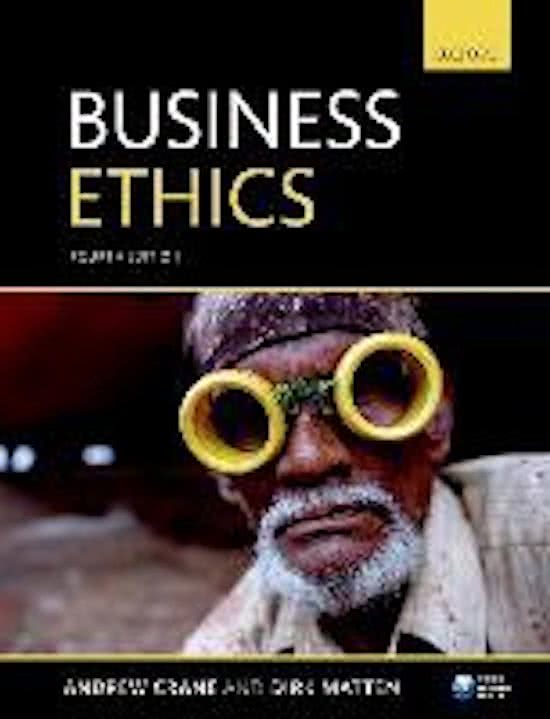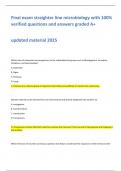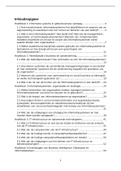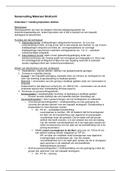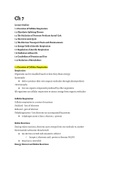Samenvatting
6-page summary of Ethics in Business and Management (EBB100A05)
- Instelling
- Rijksuniversiteit Groningen (RuG)
- Boek
- Business Ethics
Real short, 6-page summary for the exam of Ethics in Business and Management (EBB100A05) 2018/19
[Meer zien]


